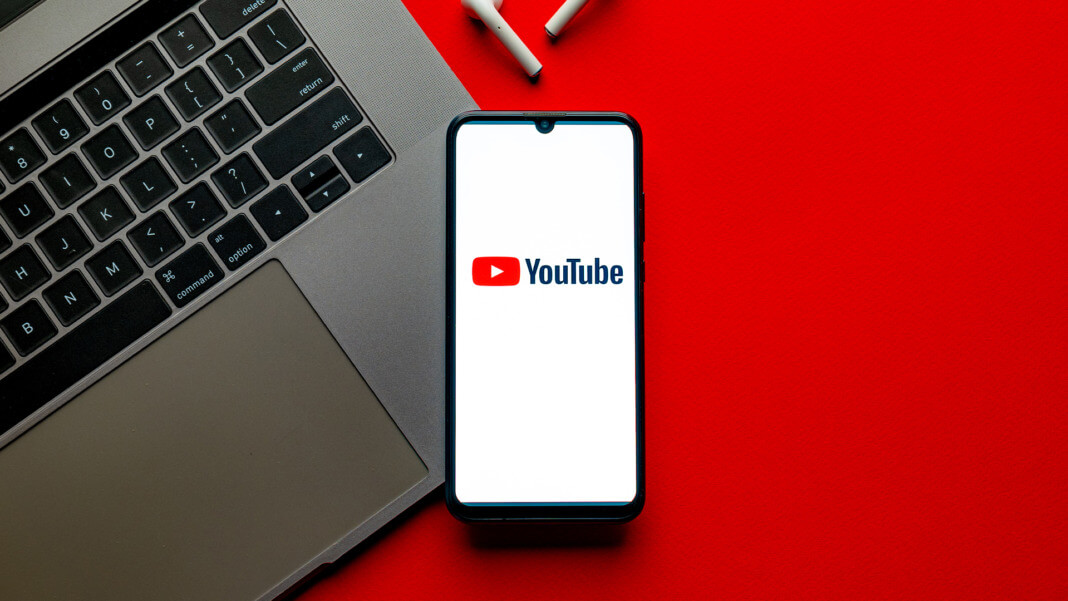YouTube has officially announced its plans to phase out Google Podcasts in favour of YouTube Music, a move aimed at consolidating its audio content under a single platform. Edison’s data shows that 23% of weekly podcast listeners in the U.S. already prefer YouTube over Google Podcasts, which captures a mere 4% of the listener market. The announcement is a marked shift from previous plans to keep Google Podcasts operational. YouTube’s introduction of RSS support signals a definitive end to Google Podcasts. To ease users’ transition, YouTube plans to release a migration tool. This strategic move positions YouTube Music as a conversion hub aimed at turning podcast listeners into paying subscribers.
Innovative approaches to podcasting by Apple and Spotify
Both Apple and Spotify are taking significant steps to reshape the future of podcasting, albeit in different directions. Apple has launched its revamped Apple Podcasts app, which positions the platform as an all-in-one hub for premium audio content. Released alongside the iOS 17 update, this redesigned app integrates third-party subscriptions from outlets like Bloomberg and Curio. This allows listeners to access a wide range of audio, from news briefs to guided meditations. The strategy challenges the existing industry assumption that users prefer separate apps for different types of audio, steering towards a more unified listening experience across Apple’s ecosystem.
On the other side, Spotify is setting its sights on expanding its listener base through technology. The company is partnering with OpenAI to test an AI-powered voice translation feature. This initiative is currently in its pilot phase, focusing on translating English-language podcasts into Spanish, French, and German. Despite its innovative edge, the technology has sparked some concerns about accuracy, prompting critics to question its readiness for broad adoption. To give the feature a high-profile kickoff, Spotify has enlisted podcasters like Dax Shepard and Monica Padman and plans to bring in other notable names, such as Trevor Noah, in the near future.
The impact on the podcast industry
The changes brought about by these tech giants could have a profound impact on the podcast industry. YouTube’s strategy could lead to a more focused monetisation model for creators. Apple’s integrated approach may redefine how users consume various audio content, while Spotify’s translation feature could make podcasts a truly global medium. These platforms are steering the podcast industry towards greater integration and diversity, potentially drawing in larger and more varied audiences.
New strategies, new opportunities
These shifts in podcasting platforms represent more than just technological updates. They are strategic moves by major tech players to redefine the future of how we consume audio content. Whether it’s YouTube Music consolidating its offerings, Apple aiming for a unified audio experience, or Spotify venturing into AI-driven translation, each platform creates new opportunities for creators and listeners alike. The decisions taken today will shape the podcast industry for years to come, and it will be fascinating to see how these strategies unfold.




